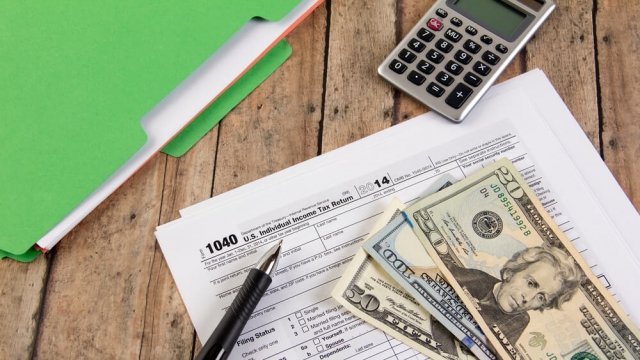The labor force continues to evolve as freelance and part-time work popularity is on the rise, with just over a third of us workers now partaking in one of the two.
But it's not just a means to an end for those out of work. Many workers are gladly leaving full-time jobs for part-time or gig work.
Government data released in early June shows 21.8 million Americans work part-time for non-economic reasons—in other words, by choice. The number of people working part-time for economic reasons has declined over the past year. That rise of freelance work isn't new to the pandemic; a survey from UpWork and the Freelancers Union shows a trend upward over the past decade.
"We as a society have come to depend on these acts. And, you know, to have a labor pool that's available on demand to get us groceries or packages, and things like that. So really, this gig work is here to stay," said Lindsey Cameron, Assistant Professor of Management at the Wharton School of the University of Pennsylvania. "But I think the bigger thing to think about is that these companies are predicated on having their workforce be independent contractors because they're on-demand companies, because you can access the labor on demand whenever you want to. It's much harder to have that for employees because then you're having to pay for all the unpaid waiting time."
The strong labor market has enabled workers to pursue more flexible work schedules and lifestyles. After employers added more jobs for the spring, the Labor Department reported there were nearly two openings for every worker seeking a job. Megan Bryant works part-time in addition to teaching as a host for SudShare, an online service that connects households with gig workers able to take on laundry needs. The flexibility of part-time or freelance work has a huge appeal. "This is where it's at. Nobody wants to go sit and do an office job, and you know that there's no flexibility. This works around my own schedule," Bryant told Scripps News.
SEE MORE: Stress in the workplace reached an all-time high in 2022
But historically, there have been concerns about the overall security of gig economy jobs, namely fair pay and a lack of benefits like healthcare. As Cameron explained, "It's roughly about a 30 to 40% increase to have someone as an employee as opposed to an independent contractor, because an employee here in the States gets a lot of additional protection, and unemployment insurance, worker's comp, access to health insurance."
Some independent contractors may have a more complicated tax system as well, paying an estimated quarterly tax on their income rather than once a year. This confusion can lead to reporting mistakes.
And because taxes are not automatically withheld from paychecks, as they would be for full-time employees, the salaries might look higher at first glance than they actually are. Employers like Amazon Flex and Instacart have been hit with class action lawsuits for withholding pay or a lack of pay transparency.
In 2022, the city of Washington, D.C., sued the delivery service Shipt for allegedly misclassifying their employees as freelance contractors. This would allow the company to avoid paying benefits, to shift basic costs to the workers, and to avoid paying the minimum wage.
But there has been some momentum for legislation to protect workers. The Freelancers Union helped pass laws in these cities that allow freelancers to reach out to their municipality for help if they're not getting paid on time. This year, New Jersey and Illinois passed laws making it easier for temporary workers to speak up about dangerous working conditions.
"I often feel like some of this legislative action we're having around these types of workers are revisiting policies that were put in place during the New Deal in the thirties," Cameron noted. "I think unfairly people often call these laws like Prop 22, AB-5 the Uber laws, but they're not Uber laws. I mean, they're just much bigger legal conversations about where employee protections should lie and what does control looks like and affects a much bigger swath of workers than just folks who are using their phone, you know, to access a job."
Americans' relationship with the nine-to-five is changing, and that's only accelerated with the pandemic and rise of remote work. There are pros and cons to part-time jobs or freelance gigs, but above all, it's clear that the gig economy as we know it is here to stay.
Trending stories at Scrippsnews.com




